Our first visit to rural New South Wales (NSW) was to the mills in Manildra, over 250km west of Sydney. This is said to be the biggest flour mill in the southern hemisphere and its location is very much in the heart of a big wheat-producing region.
The group is a family-owned business, founded by the Honan family in 1952, and it continues in family hands today.
But our interest there was not so much in wheat, but rather on the new state-of-the-art venture in MSM Milling, which is crushing oilseed rape or canola for the food market.
MSM Milling is located on the major east-west rail route in Manildra in the centre of the main canola growing region in NSW.
Its association with the Manildra Group allows it access to dedicated rail transport for delivery of grain from storage sites within NSW, or interstate, if and when required. Dedicated container trains deliver outbound product direct to port to service export customers and internal markets.
This new purpose-built canola crushing plant was the main reason why the Irish Tillage and Land Use Society (ITLUS) visited in January 2020.
Described as being fully integrated, it is energy and resource efficient. It operates maximum heat recovery, efficient energy and water usage and the system has virtually zero waste from the crushing process to make it a highly sustainable operation.
There we met with business manager Peter Moes, who explained the workings of the plant and the different technology used.
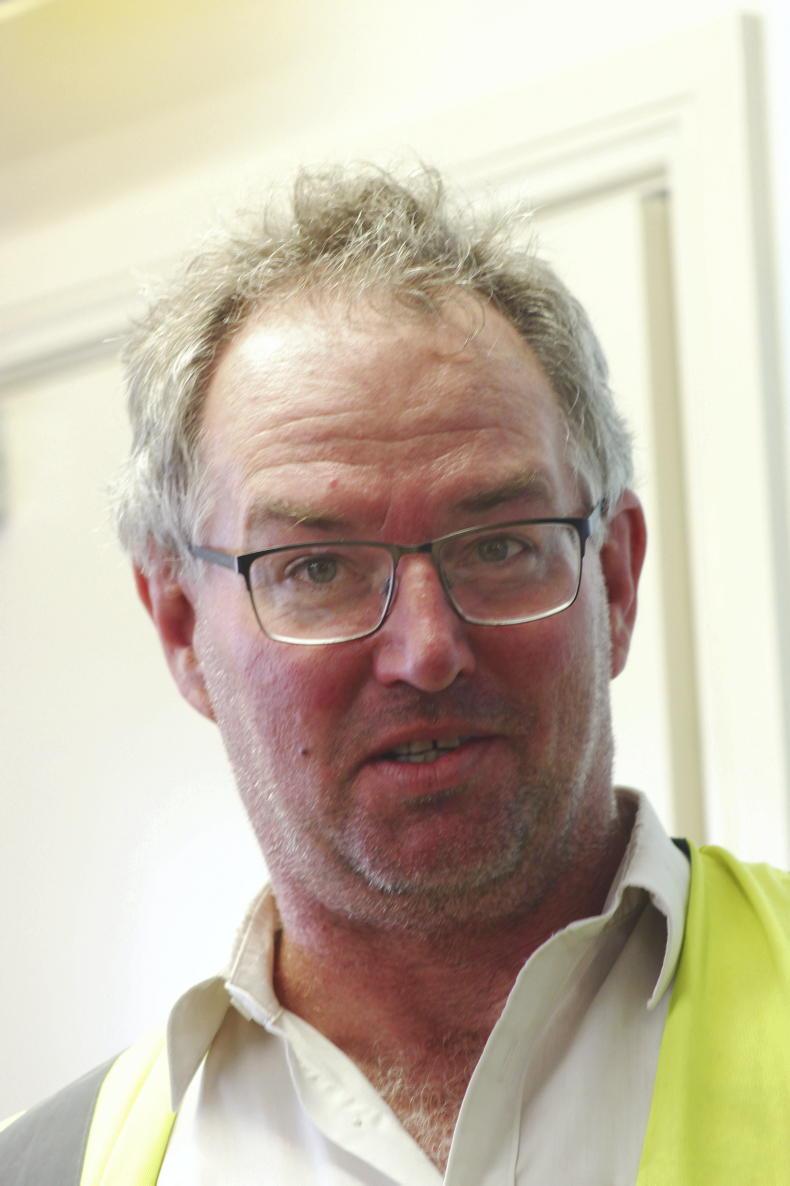
Peter Moes, business manager at MSM milling.
Location
Manildra itself is on the railway line from Sydney to Perth and therefore it is technically connected east to west in terms of its supply and distribution chain.
This serves to deliver seeds and other inputs inwards, while delivering oil and cake out to its various markets. Canola or oilseed rape is crushed to produce oil for a range of food uses, from oil for cooking right through to direct consumption as food.
Processing and packaging
The process involves the crushing, refining, bleaching and deodorising of the different oil products in one integrated pass. Different oils are produced for different specific market niches, ranging from direct table use to oils labelled as suitable for frying or high in Omega 3. Sustainability credentials are noted on all the product labels, which also say that its ‘Auzure’ brand of oils are grown and processed in the Orange region of NSW.
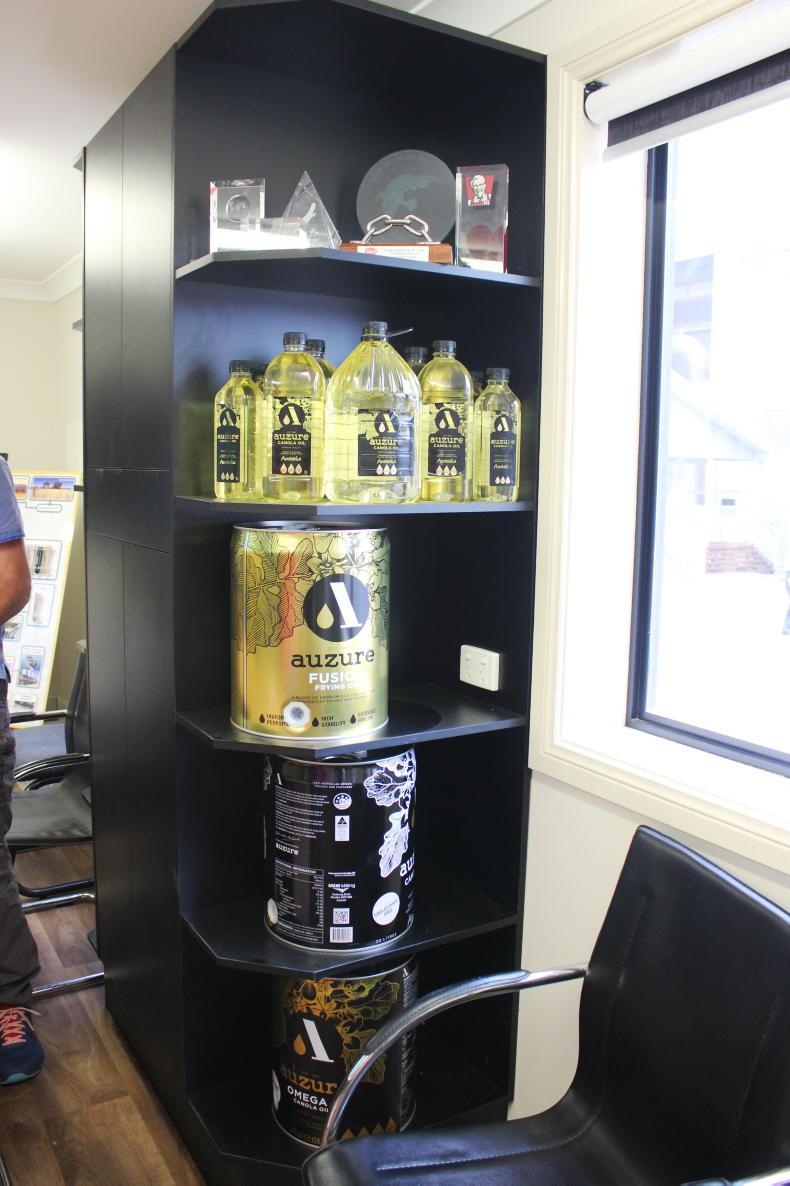
Some of the many different oil products being sold under the Auzure brand.
The company also produces the range of packaging materials that are used to distribute the various oil products.
These range from the 20l steel cans, which can be customised for different customers, to the plastic bottles used for the smaller quantities, which are made on site. This ability to customise packaging means that it is now supplying individualised products direct to end users.
MSM Milling also offers canola oil in flexibags, IBCs and 205l drums, all packaged on site. Canola meal and MSM Stockfeeds are handled in a controlled way in the enclosed out-loading facility.
When we visited In January 2020, Peter commented that there was very little money in the actual oil crushing process at that time, but the business was profitable due to the value and importance of the protein feed byproduct. This was because the ongoing drought at the time had caused a huge demand for all types of feedstuffs.
The crushing process used for the rapeseed involves a double pass through the system, with over half of the oil taken out in the first pass and less than half again in the second extraction pass.
Biomass boilers
During the oil extraction process, Peter explained that the seed is cooked or heated at 105°F for about four minutes to help make the oil less viscous, easier to extract and to reduce the extraction energy requirement.
This practice is not unique to MSM, but, in the past, it used three big LPG burners to generate the required heat. This does not fit comfortably with a sustainability story, so the LPG burners were replaced by biomass boilers, which now use different renewable combustible materials to produce the steam to condition the seed for crushing.
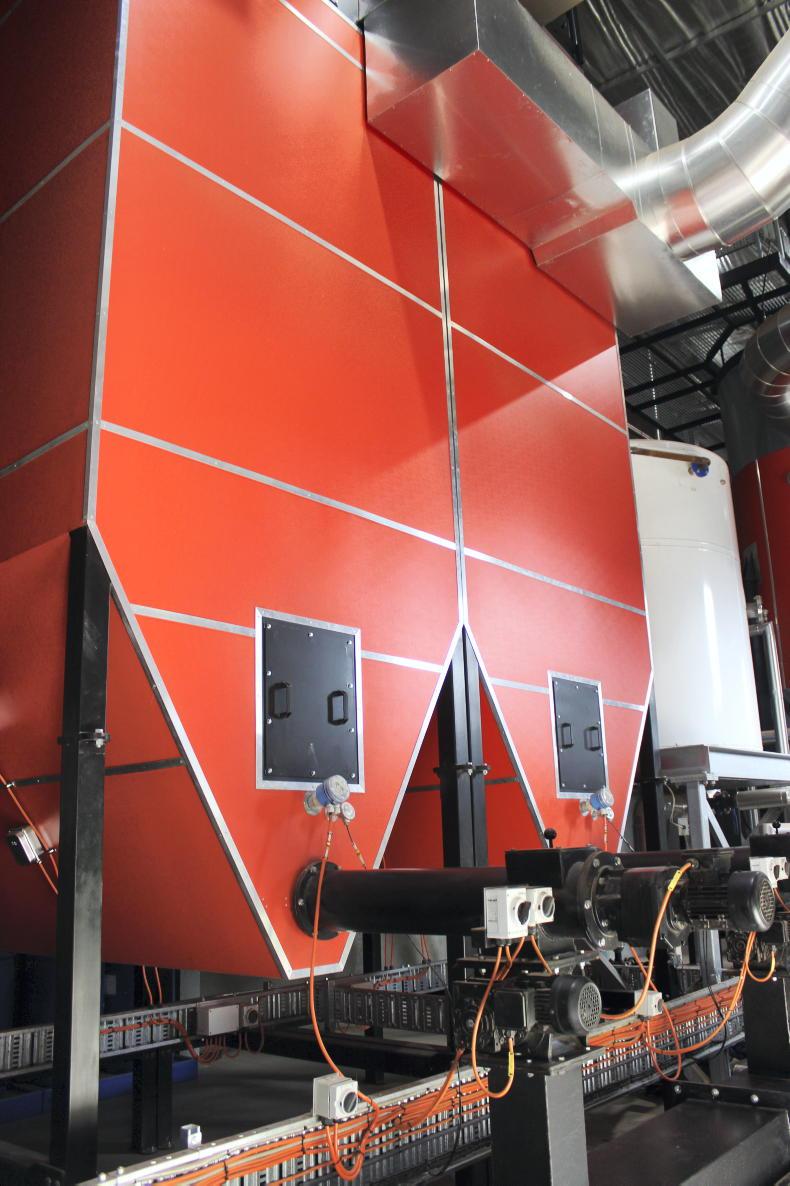
The new biomass boilers fitted at MSM Milling.
The biomass-fuelled boiler was installed in 2019 at an investment cost of AUS$5.38m (€3.33m). This means that the heat and steam requirements are now produced using renewable energy. This was the first such biomass system installed in Australia and Peter said that the company received grant aid to purchase and erect the boiler.
It burns woodchip, sawdust, forest thinnings, etc. Interestingly, Peter commented that thinnings could not be removed from forests up to about five years previous when the law was changed.
The raw material
Peter told us that the area around Manildra is a major canola-producing region and about 110,000t come into the plant from within a 25km radius. The seed moisture level is always less than 8% and sometimes it can be as low as 3% to 4%, depending on weather, he said.
All the canola used is from non-GM varieties and certified accordingly. He commented that the oil cannot be tested as being GM or not, but the cake can and testing the byproduct is an important part of the verification process.

The woodchip store from which the biomass boilers are fed. The railings along the wall carry the mechanism that pulls the woodchip onto the conveyor.
Peter said that the average canola yield for growers in the region tended to be either side of 2.5t/ha. However, with price being over $600/t (€375/t) in January 2020, the crop was still quite profitable. Since then, the price has passed $915/t (€567/t).
The standard oil content of canola in the region was around 42%, but this could alter considerably from year to year, depending on the weather.
MSM Milling purchases 100% of its canola directly from farmers. This is either delivered directly to the crushing plant or to selected storage providers. This enables effective traceability and identity preservation systems to help verify the authenticity of its claims of provenance.
The crop can be swathed for harvest or allowed to ripen naturally for direct harvesting. Peter commented that there is no hang-up about using glyphosate for desiccation if and where necessary.
However, Australian growers were conscious about the attitude to glyphosate in Europe, as they also produce canola for export to the EU.
Oil extraction
As mentioned previously, seeds are heated prior to crushing to help ease the extraction process. MSM Milling uses a two-phase cold pressing extrusion process, which removes over half of the oil on the first crush and more than half again on the second crush, but they still leave 8% to 9% of the oil in the protein cake.
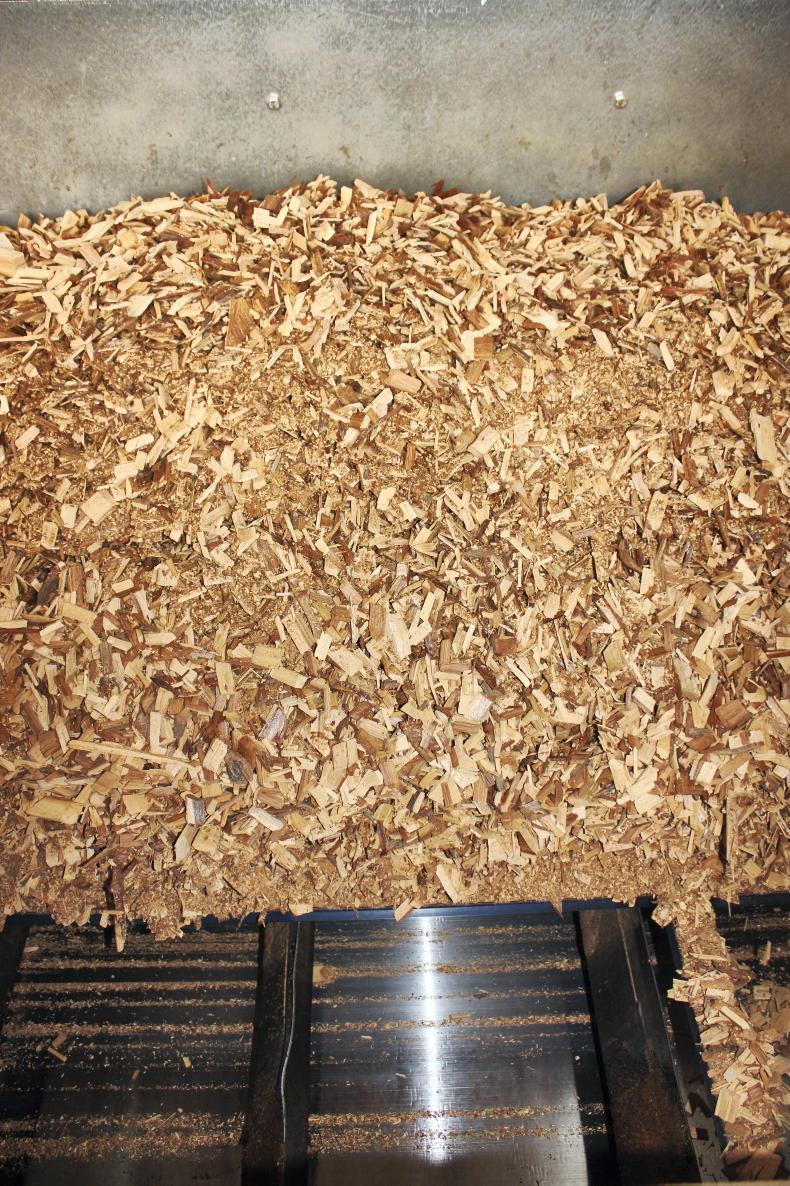
The woodchip store is organised in such a way that only a small amount of chip is dragged onto the conveyor at one time, to minimise the amount that would need to be removed in the event of a blockage or breakdown.
The heating and double pressing are used to decrease the total energy requirement used in the extraction process.
The boilers themselves are relatively standard woodchip boilers, but was a relatively novel feed system was installed to the boilers for ease of management in the event of a blockage or a breakdown.
At the time of our visit, Peter said that about 20% of the woodchip being used was coming from citrus plantations.
Our first visit to rural New South Wales (NSW) was to the mills in Manildra, over 250km west of Sydney. This is said to be the biggest flour mill in the southern hemisphere and its location is very much in the heart of a big wheat-producing region.
The group is a family-owned business, founded by the Honan family in 1952, and it continues in family hands today.
But our interest there was not so much in wheat, but rather on the new state-of-the-art venture in MSM Milling, which is crushing oilseed rape or canola for the food market.
MSM Milling is located on the major east-west rail route in Manildra in the centre of the main canola growing region in NSW.
Its association with the Manildra Group allows it access to dedicated rail transport for delivery of grain from storage sites within NSW, or interstate, if and when required. Dedicated container trains deliver outbound product direct to port to service export customers and internal markets.
This new purpose-built canola crushing plant was the main reason why the Irish Tillage and Land Use Society (ITLUS) visited in January 2020.
Described as being fully integrated, it is energy and resource efficient. It operates maximum heat recovery, efficient energy and water usage and the system has virtually zero waste from the crushing process to make it a highly sustainable operation.
There we met with business manager Peter Moes, who explained the workings of the plant and the different technology used.

Peter Moes, business manager at MSM milling.
Location
Manildra itself is on the railway line from Sydney to Perth and therefore it is technically connected east to west in terms of its supply and distribution chain.
This serves to deliver seeds and other inputs inwards, while delivering oil and cake out to its various markets. Canola or oilseed rape is crushed to produce oil for a range of food uses, from oil for cooking right through to direct consumption as food.
Processing and packaging
The process involves the crushing, refining, bleaching and deodorising of the different oil products in one integrated pass. Different oils are produced for different specific market niches, ranging from direct table use to oils labelled as suitable for frying or high in Omega 3. Sustainability credentials are noted on all the product labels, which also say that its ‘Auzure’ brand of oils are grown and processed in the Orange region of NSW.

Some of the many different oil products being sold under the Auzure brand.
The company also produces the range of packaging materials that are used to distribute the various oil products.
These range from the 20l steel cans, which can be customised for different customers, to the plastic bottles used for the smaller quantities, which are made on site. This ability to customise packaging means that it is now supplying individualised products direct to end users.
MSM Milling also offers canola oil in flexibags, IBCs and 205l drums, all packaged on site. Canola meal and MSM Stockfeeds are handled in a controlled way in the enclosed out-loading facility.
When we visited In January 2020, Peter commented that there was very little money in the actual oil crushing process at that time, but the business was profitable due to the value and importance of the protein feed byproduct. This was because the ongoing drought at the time had caused a huge demand for all types of feedstuffs.
The crushing process used for the rapeseed involves a double pass through the system, with over half of the oil taken out in the first pass and less than half again in the second extraction pass.
Biomass boilers
During the oil extraction process, Peter explained that the seed is cooked or heated at 105°F for about four minutes to help make the oil less viscous, easier to extract and to reduce the extraction energy requirement.
This practice is not unique to MSM, but, in the past, it used three big LPG burners to generate the required heat. This does not fit comfortably with a sustainability story, so the LPG burners were replaced by biomass boilers, which now use different renewable combustible materials to produce the steam to condition the seed for crushing.

The new biomass boilers fitted at MSM Milling.
The biomass-fuelled boiler was installed in 2019 at an investment cost of AUS$5.38m (€3.33m). This means that the heat and steam requirements are now produced using renewable energy. This was the first such biomass system installed in Australia and Peter said that the company received grant aid to purchase and erect the boiler.
It burns woodchip, sawdust, forest thinnings, etc. Interestingly, Peter commented that thinnings could not be removed from forests up to about five years previous when the law was changed.
The raw material
Peter told us that the area around Manildra is a major canola-producing region and about 110,000t come into the plant from within a 25km radius. The seed moisture level is always less than 8% and sometimes it can be as low as 3% to 4%, depending on weather, he said.
All the canola used is from non-GM varieties and certified accordingly. He commented that the oil cannot be tested as being GM or not, but the cake can and testing the byproduct is an important part of the verification process.

The woodchip store from which the biomass boilers are fed. The railings along the wall carry the mechanism that pulls the woodchip onto the conveyor.
Peter said that the average canola yield for growers in the region tended to be either side of 2.5t/ha. However, with price being over $600/t (€375/t) in January 2020, the crop was still quite profitable. Since then, the price has passed $915/t (€567/t).
The standard oil content of canola in the region was around 42%, but this could alter considerably from year to year, depending on the weather.
MSM Milling purchases 100% of its canola directly from farmers. This is either delivered directly to the crushing plant or to selected storage providers. This enables effective traceability and identity preservation systems to help verify the authenticity of its claims of provenance.
The crop can be swathed for harvest or allowed to ripen naturally for direct harvesting. Peter commented that there is no hang-up about using glyphosate for desiccation if and where necessary.
However, Australian growers were conscious about the attitude to glyphosate in Europe, as they also produce canola for export to the EU.
Oil extraction
As mentioned previously, seeds are heated prior to crushing to help ease the extraction process. MSM Milling uses a two-phase cold pressing extrusion process, which removes over half of the oil on the first crush and more than half again on the second crush, but they still leave 8% to 9% of the oil in the protein cake.

The woodchip store is organised in such a way that only a small amount of chip is dragged onto the conveyor at one time, to minimise the amount that would need to be removed in the event of a blockage or breakdown.
The heating and double pressing are used to decrease the total energy requirement used in the extraction process.
The boilers themselves are relatively standard woodchip boilers, but was a relatively novel feed system was installed to the boilers for ease of management in the event of a blockage or a breakdown.
At the time of our visit, Peter said that about 20% of the woodchip being used was coming from citrus plantations.









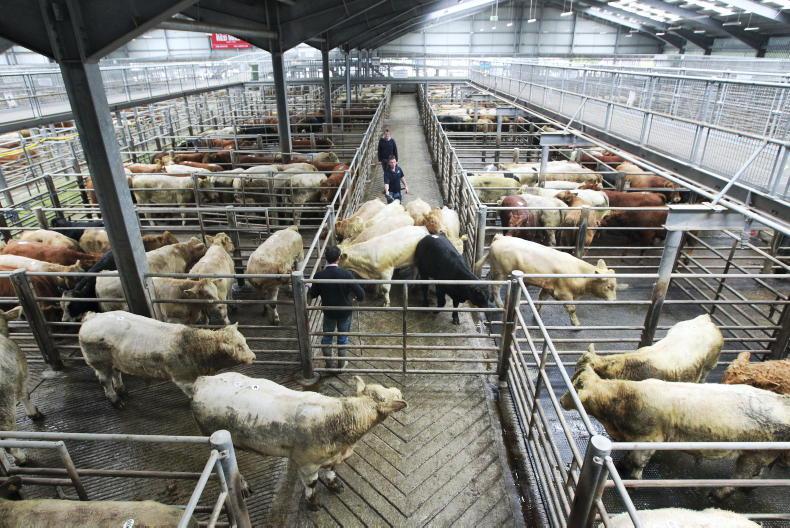




SHARING OPTIONS